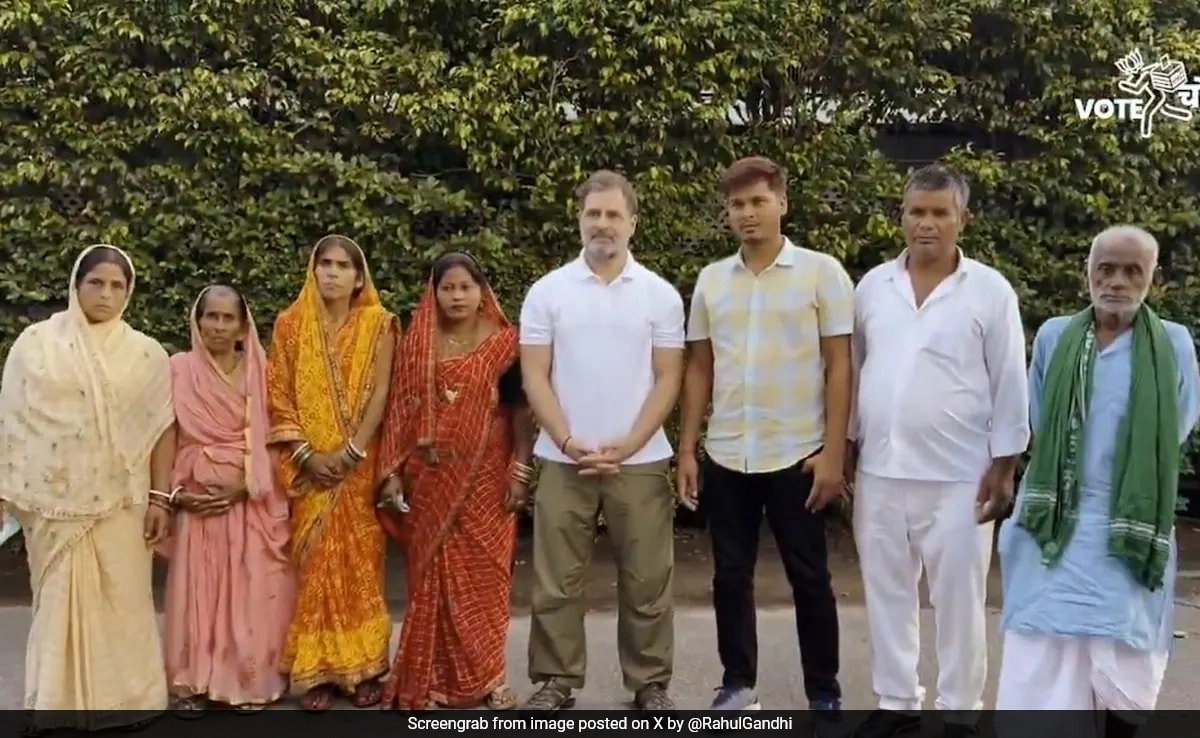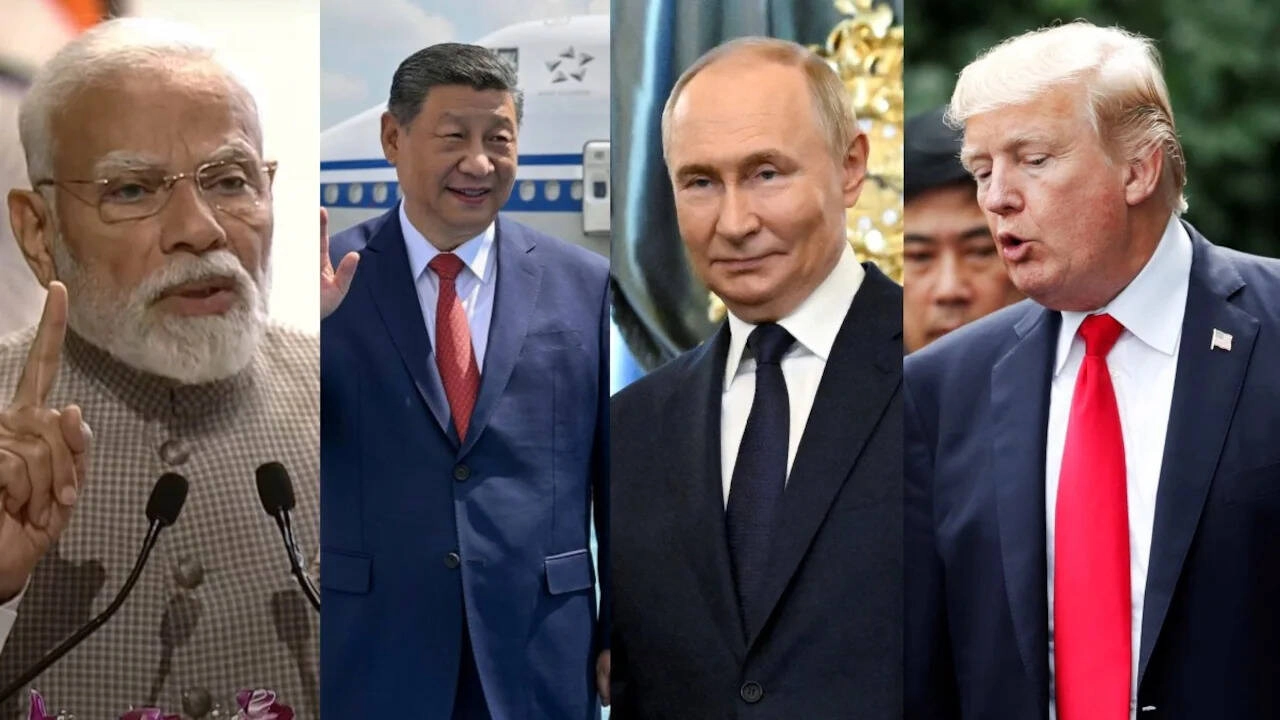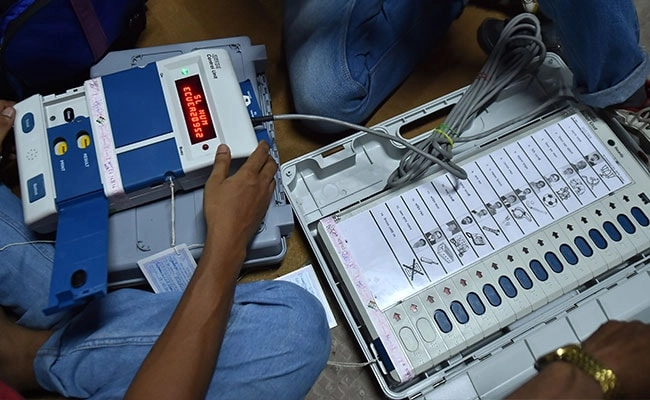In an unusual and somewhat humorous turn of events, Indian politician Rahul Gandhi recently found himself in a rather bizarre situation during a visit to Bihar. While engaging with local constituents, he encountered a list of individuals who had been removed from the voter rolls, and to his astonishment, he discovered that seven of these individuals were officially listed as “dead.” The incident sparked a wave of laughter and disbelief, as it highlighted the ongoing challenges and discrepancies within the electoral system in India.
Gandhi, known for his approachable demeanor, took the opportunity to address the issue directly. Over cups of tea, he engaged with the community, discussing the importance of ensuring that every eligible voter has their rights protected and that the electoral process remains transparent and accountable. The meeting turned into a lighthearted yet poignant reminder of the hurdles that many citizens face when trying to participate in the democratic process. The discrepancy of having deceased individuals on the voter list calls into question the efficacy of the electoral commission’s maintenance of accurate records.
This incident underscores the broader concerns regarding voter registration and the integrity of electoral lists in India. The presence of “dead people” still on the rolls raises significant issues about how efficiently the electoral commission manages data and responds to changes in the population. It serves as a wake-up call for authorities to streamline the process of updating voter information and to improve communication with citizens, ensuring that such errors do not disenfranchise living voters.
Through this light-hearted interaction, Gandhi was able to bring attention to serious electoral issues while fostering a connection with the community. It illustrates the unique blend of politics and everyday life in India, where even a conversation about dead voters can become an opportunity for deeper engagement with the electorate. As the political landscape continues to evolve, such interactions remind politicians of the importance of addressing the concerns of their constituents and the fundamental need for an accessible and trustworthy electoral system.




